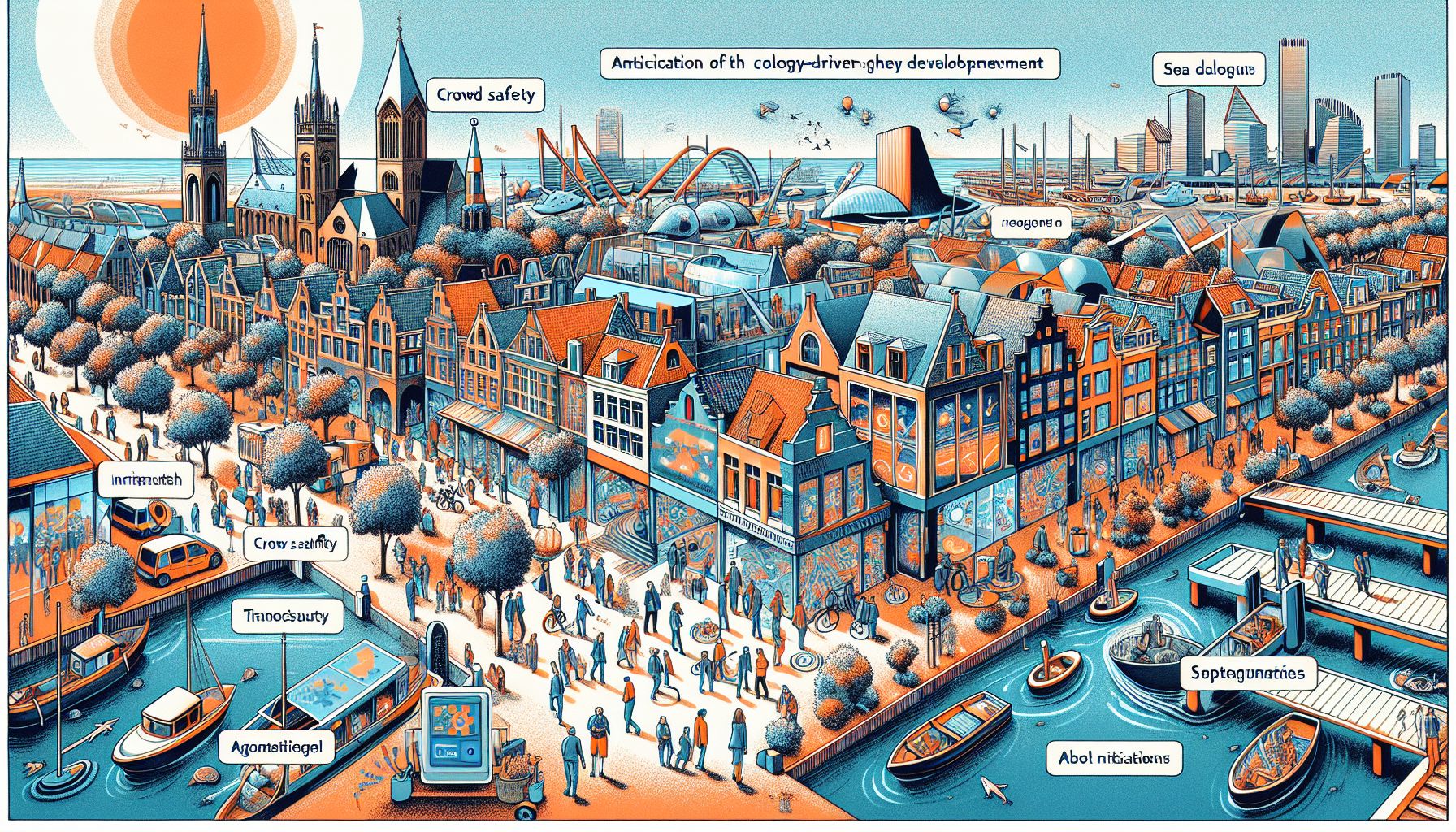The Hague Shares Five-Year Smart City Achievements and Challenges

The Hague, Friday, 17 January 2025.
The Hague’s smart city initiatives have led to innovations such as the Crowd Safety Manager and automatic ship registration, though some projects were discontinued due to changing needs.
Successful Implementations in Urban Management
The Hague’s Scheveningen Living Lab has demonstrated significant achievements in smart city technology implementation over the past five years. A cornerstone of this success is the extensive fiber optic network connecting various street facilities, including lampposts, kiosks, and charging stations [1]. The Crowd Safety Manager (CSM) system has proven particularly effective, providing real-time 3D mapping of crowd movements by integrating data from traffic, parking, public transportation, and anonymized visitor information [1]. This system demonstrated its value during major events such as the Invictus Games, enabling proactive crowd management through strategic deployment of traffic controllers and parking guidance [1].
Maritime Safety and Technology Integration
In the maritime sector, The Hague has successfully implemented an automated ship registration system in Scheveningen harbor. This technology effectively monitors vessel movements while maintaining privacy standards, contributing to enhanced port security [1]. These implementations align with broader Dutch smart city initiatives, as the Netherlands continues to be a hub for urban innovation, with numerous companies focusing on sustainable urban development [2].
Learning from Challenges
Not all smart city initiatives proved successful. The municipality has been transparent about discontinued projects, including a pilot for riot recognition that faced technical limitations [1]. Another notable example was the smart camera system designed to detect nitrous oxide use, which was discontinued not due to technical failures but because the social issue it addressed had naturally subsided [1]. These experiences highlight the importance of adaptability in smart city planning, where technologies must align with current social needs and challenges.
Future Directions and Public Engagement
The city’s commitment to smart technology integration is reflected in ongoing public exhibitions and initiatives. Currently, the Atrium City Hall is hosting multiple exhibitions, including ‘City of the Future’ (running through February 5, 2025), which showcases sustainable urban development models [3]. This public engagement approach demonstrates The Hague’s dedication to involving citizens in its smart city transformation, ensuring that technological advances serve the community’s needs.

